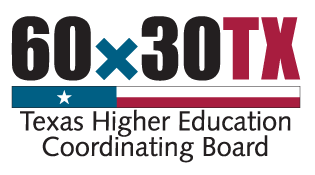For a lot of students, summer means the sounds and sights of backyard parties, hangouts at the pool, and vacation destinations. At minimum, it translates to no homework and a time to rest and recharge. But for migrant students, the summer can be exhausting.
Migrant students (not to be confused with immigrant students) are children and youth whose families work in agriculture or in fishing. Students who migrate might withdraw early from school and enroll late in the fall due to seasonal work their families follow. This in itself can present some academic challenges – challenges that counselors and advisers can provide solutions for so that students can graduate on time!
Here are some ways counselors can provide support to migrant students.
Flexibility
To be successful, migrant students often need some form of flexibility. Migrant students often face different state graduation requirements when they shuffle between schools. If your school district does not provide online credit accrual programs, encourage teachers to provide modified work assignments or extend deadlines to help migrant students catch up on missed work.
Additionally, students can earn credits by passing exams offered by programs at Texas Tech University and UT Austin. Study guides, fees, and more information about these tests are available at Texas Tech’s Credit by Exam webpage and UT Austin’s Credit by Exam webpage.
Graduation Enhancement
The loss of time in school can hinder migrant students from graduating with their cohort and can sometimes lead to students dropping out. The High School Equivalency Program (HEP) provides a way to earn a high school diploma with support and guidance for subsequent employment or enrollment in an institution of higher education. Learn more about HEP in your area by visiting TEA’s High School Equivalency Program Locations website.
Since 1972, the College Assistance Migrant Program (CAMP) has financially assisted nearly 20,000 migrant or farmworker students in their first year of studies at a participating institution of higher education. Additional services may include counseling, workshops, housing, tutoring stipends, and health services. For a list of participating CAMP schools in Texas, visit Region One ESC’s College Assistance Migrant Programs page.
Advocacy
Above all, advocate for migrant students. Migrant students understand the value of hard work, and most of them realize that education is the only way to break the cycle of poverty. However, they don’t always have access to services – nor are they always aware of available programs in their area. Point them in the right direction! Help staff and teachers at your school understand the concerns they face like high mobility, poverty, English language development, and more. Refer students to the appropriate staff or community-based organizations whenever possible. Educating your colleagues can lead to a broader understanding and, ultimately, help your migrant students succeed!
Be sure to check out additional information on advising special populations, including migrant students.





